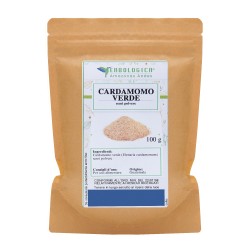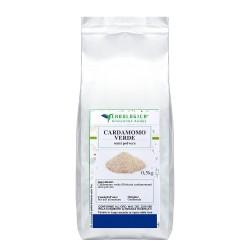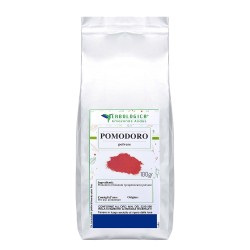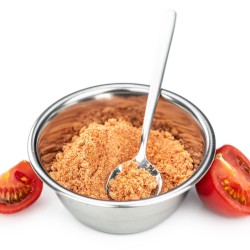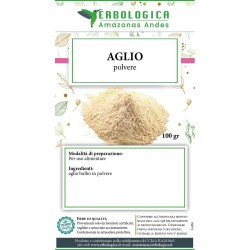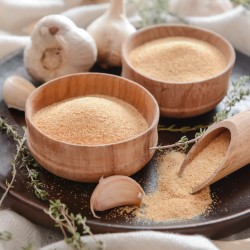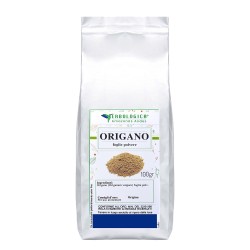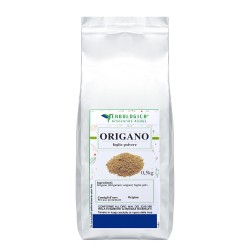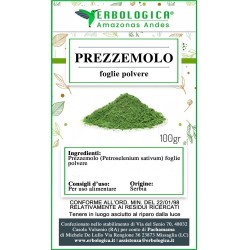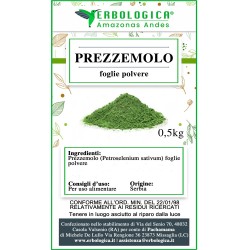
Pomodoro: proprietà naturali e benefici per il benessere quotidiano
Un alimento fresco e leggero che porta colore e vitalità alla tavola quotidiana, perfetto per una dieta equilibrata.
Il pomodoro è uno dei protagonisti della cucina mediterranea e racchiude una combinazione preziosa di vitamine, minerali e antiossidanti.
La sua versatilità lo rende ideale per ricette semplici e per piatti più elaborati, offrendo ogni giorno un aiuto naturale al benessere.
Che cos’è il pomodoro e qual è la sua origine?
Il pomodoro è originario dell’America centrale e meridionale, dove veniva coltivato già in epoche antiche.
Solo in seguito è arrivato in Europa, diventando uno degli ingredienti più utilizzati nella cucina mediterranea.
La sua diffusione è dovuta al sapore delicato e alla capacità di adattarsi a ricette crude e cotte.
Quali sono le proprietà nutritive più importanti?
Il pomodoro contiene licopene, un antiossidante naturale noto per la sua azione protettiva.
Apporta vitamina C, vitamina A, potassio e acqua in abbondanza.
È un alimento naturalmente leggero, con poche calorie, perfetto per accompagnare la dieta di ogni giorno.
Grazie alla presenza di fibre, può contribuire a una digestione più armoniosa.
Quali benefici offre il pomodoro?
Il pomodoro è conosciuto per il suo supporto alla pelle, alla vista e al sistema cardiovascolare.
Gli antiossidanti presenti possono favorire una protezione naturale contro lo stress ossidativo, mentre il potassio sostiene il benessere del cuore.
La ricchezza di acqua lo rende un ingrediente ideale anche nelle giornate più calde o quando si desidera un pasto leggero.
Come usarlo nella cucina quotidiana?
Il pomodoro è perfetto per insalate fresche, salse, zuppe, cereali, pasta e piatti vegetali.
È ottimo crudo, leggermente cotto o passato in padella.
Nella cucina moderna viene utilizzato anche in polveri naturali per aggiungere colore e sapore.
Da noi puoi trovare:
- Pomodoro in polvere, ideale per sughi veloci, condimenti, pane fatto in casa o ricette aromatizzate
- Aglio in polvere, utile per condire verdure, salse e marinature
- Prezzemolo foglie in polvere, perfetto per insaporire piatti a base vegetale
- Origano in polvere, ideale per condire insalate e ricette mediterranee
- Cardamomo verde in polvere, un tocco aromatico per piatti speziati
Ci sono abbinamenti utili per valorizzarlo?
Il pomodoro si combina alla perfezione con aglio, prezzemolo e origano.
Queste spezie naturali esaltano il sapore e rendono ogni ricetta più armoniosa.
Per piatti originali puoi aggiungere un pizzico di cardamomo, utile per aromatizzare zuppe o sughi.
Quali ricette semplici si possono preparare?
Puoi realizzare condimenti rapidi con pomodoro in polvere e un filo d’olio, oppure creare miscele aromatiche con aglio e origano per arricchire verdure o cereali.
Il pomodoro in polvere è ottimo anche per panificati, focacce e condimenti per la pasta.
Per approfondire informazioni utili sulle proprietà del pomodoro trovi un articolo dettagliato su: My Personal Trainer "Pomodori: proprietà e benefici"
Domande frequenti
Il pomodoro fa bene alla pelle?
Sì, grazie alla presenza di licopene e vitamina C
È meglio consumarlo crudo o cotto?
Entrambe le modalità sono utili e complementari
Il pomodoro aiuta la digestione?
Sì, grazie al contenuto naturale di fibre e acqua
La polvere di pomodoro può sostituire il fresco?
È utile come integrazione nelle ricette quotidiane
Contenuto esclusivo per erbologica.it – aggiornato a gennaio 2025


